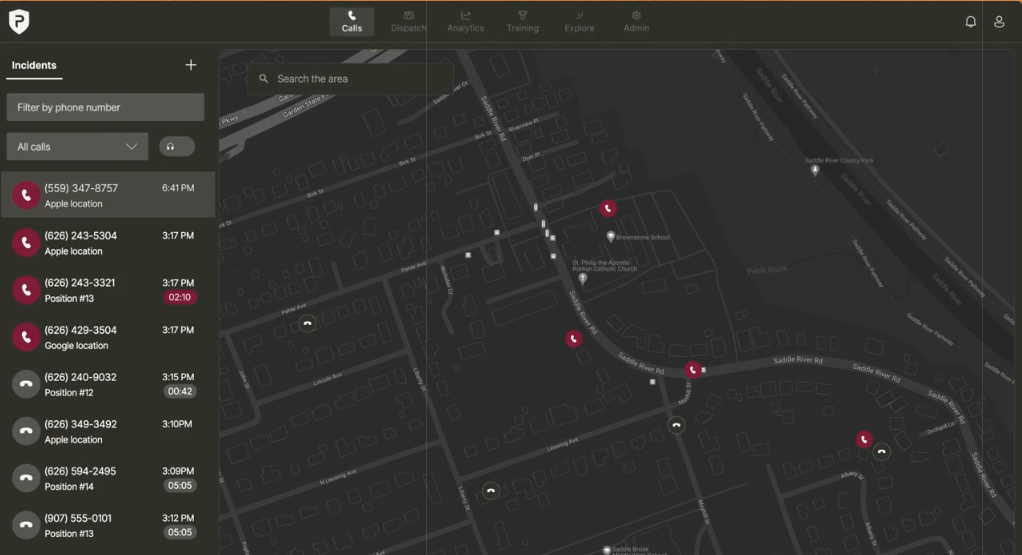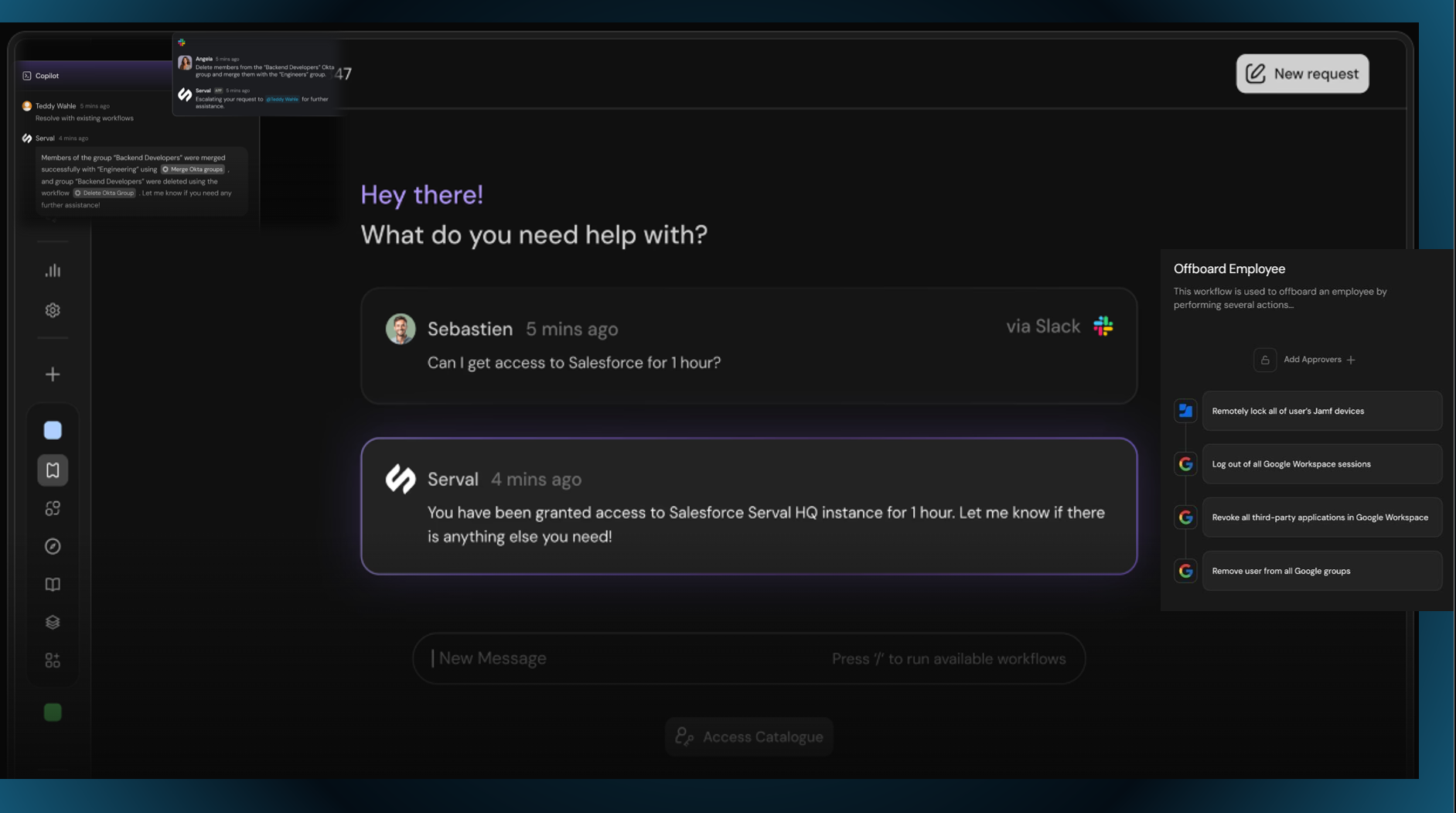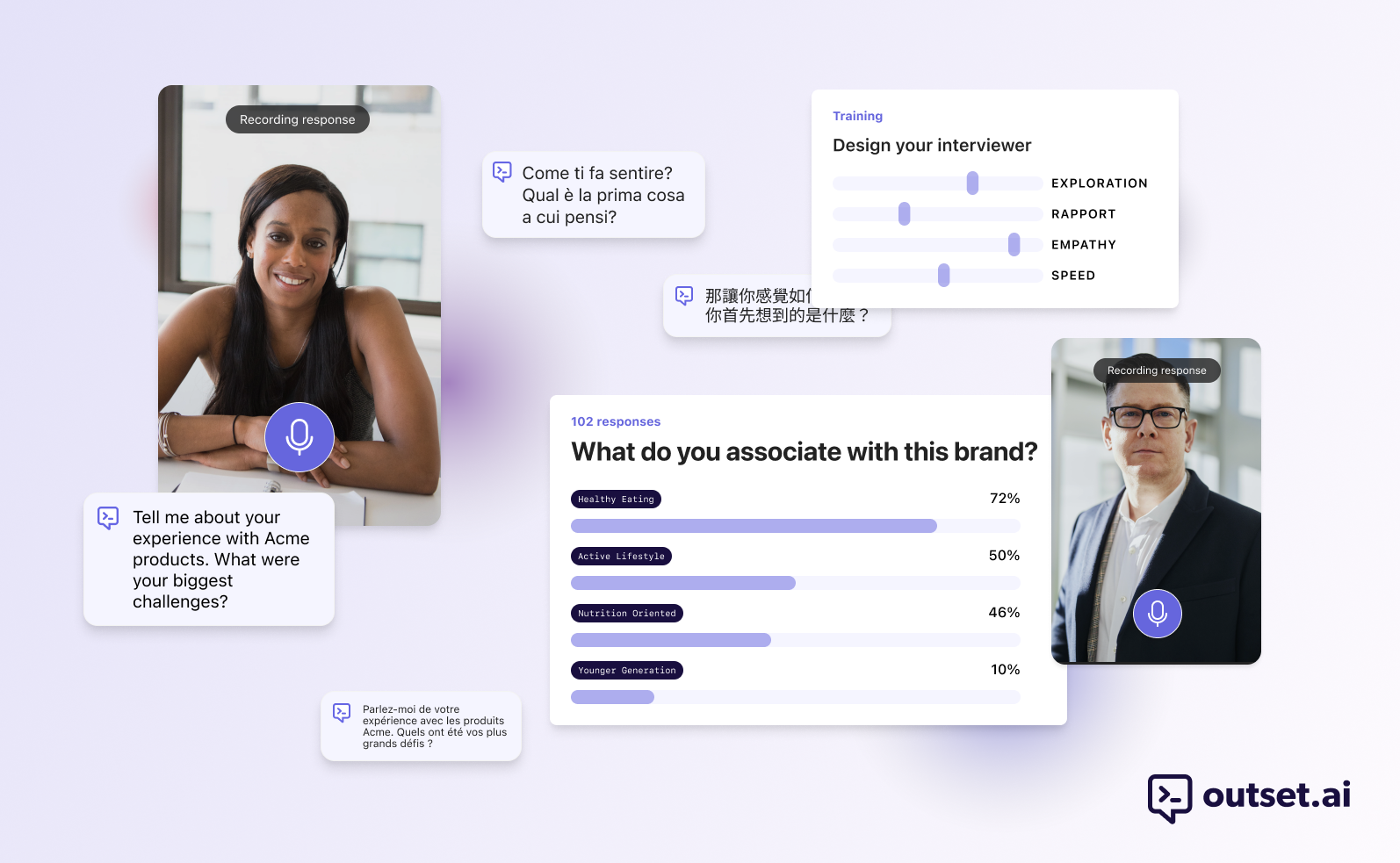This week, Radical Ventures announced our investment in Prepared‘s $80M funding round. Prepared is building an AI-powered emergency response platform that is reinventing how 911 centers handle critical calls.
Emergency response represents one of society’s most critical functions, yet the infrastructure supporting it has remained largely unchanged since the era of landlines. As call volumes continue to rise and staffing struggles to keep pace, 911 centers face an increasingly difficult challenge: maintaining high-quality emergency response with limited resources and antiquated tools.
Prepared is addressing this challenge head-on with a comprehensive AI platform that provides real-time transcription, translation, dispatch assistance, non-emergency triage, and quality assurance analytics. Callers can send photos and video footage directly to 911 centers with the Prepared platform to provide first responders with critical context. Calls received can be in any language and are rapidly translated without waiting for interpreters (reducing resolution time from 15+ minutes to just a couple of minutes). Finally, AI-powered summaries ensure no critical detail is missed during high-stress situations.
Perhaps most importantly, the technology improves emergency call center employee retention in an industry plagued by high turnover and burnout. Deployments are already live in more than 1,000 emergency call centers in the U.S, including those serving Las Vegas, Nashville, and Baltimore.
The company’s long-term vision is to build a near-fully autonomous system that leverages AI to answer and triage calls, dispatch units, and support first responders in real time. AI can eliminate friction and handle routine tasks, allowing human responders to focus on the judgment, instinct, and compassion that define emergency response work.
CEO Michael Chime and his team combine deep domain expertise with exceptional execution speed. Having grown up near Sandy Hook, Michael brings a personal mission to this work that translates into the urgency and thoughtfulness evident in everything Prepared builds. The team’s ability to earn trust and integrate seamlessly into existing workflows has contributed to their success.
As AI continues to mature, some of the most transformative applications will be those that enhance human capability in mission-critical domains rather than entirely replacing human judgment, particularly in what can be a life-or-death situation. Prepared reflects this philosophy, using AI to empower emergency responders while preserving essential human decision-making.
We are excited to support Prepared as the team continues building the future of emergency response, one call at a time.
Read more in Prepared’s announcement.
AI News This Week
-
Job Interviews Enter a Strange New World With AI That Talks Back (Bloomberg)
Employers are rapidly adopting AI-powered video interviews that conduct real-time, two-way conversations with job candidates. Startups like Radical portfolio company Ribbon are seeing increased adoption as companies seek more efficient hiring processes, with Ribbon signing nearly 400 customers in eight months. Unlike static video submissions, these AI interviewers ask follow-up questions and provide structured feedback to hiring managers. Companies are expanding usage beyond initial screenings, with 15% of Ribbon’s interviews happening in later hiring stages. The technology addresses scaling challenges for high-volume hiring while offering flexibility for candidates in industries with irregular schedules.
-
Xi Jinping’s Plan to Beat America at AI (The Economist)
China is pursuing a differentiated AI strategy from the United States, emphasizing practical applications over racing toward artificial general intelligence. Following the January “DeepSeek moment,” China’s leadership launched an “AI+” campaign prioritizing the integration of AI into existing business operations and manufacturing. China’s two-pronged approach involves deploying AI faster and more cheaply by open-sourcing Western innovations and pursuing moonshot projects that advance AI development using experimental architectures.
-
Why AI May Be Listening In on Your Next Doctor’s Appointment (The Wall Street Journal)
AI-powered ambient listening technology is used in healthcare to capture doctor-patient conversations automatically. Major healthcare systems are adopting AI scribes to generate medical records, patient visit summaries, and billing codes. For example, Mass General Brigham’s pilot with 2,500 physicians reduced daily documentation time from 90 minutes to under 30 minutes, with doctors reporting increased patient focus. Experts believe this technology will expand to provide comprehensive healthcare support by analyzing records before appointments and managing post-visit care.
-
The People Who Think AI Might Become Conscious (BBC)
The advancement of large language models has sparked scientific discussion about AI consciousness. Sussex University’s Professor Anil Seth argues that consciousness does not necessarily correlate with intelligence across species. In contrast, Carnegie Mellon’s Professors Lenore and Manuel Blum believe enhanced sensory inputs from the world, in the form of cameras and haptic sensors, could lead to conscious AI. Seth explores whether consciousness requires living systems rather than computation, suggesting consciousness is more likely to emerge from advanced forms of living tissue systems rather than silicon-based approaches.
-
Research: Large Language Models Are More Persuasive Than Incentivized Human Persuaders (LSE et al.)
Researchers conducted a large-scale experiment with 1,242 participants comparing Claude 3.5 Sonnet against incentivized human persuaders in real-time quiz settings. Unlike previous studies using minimal incentives, this experiment provided substantial financial rewards to create high-stakes conditions. LLMs achieved significantly higher compliance rates than humans in truthful and deceptive persuasion contexts. AI persuaders increased quiz accuracy when steering toward correct answers and decreased accuracy when misleading participants. Participants became progressively less susceptible to AI persuasion during the study, suggesting potential adaptation mechanisms that could inform future AI safety frameworks.
Radical Reads is edited by Ebin Tomy (Analyst, Radical Ventures)





